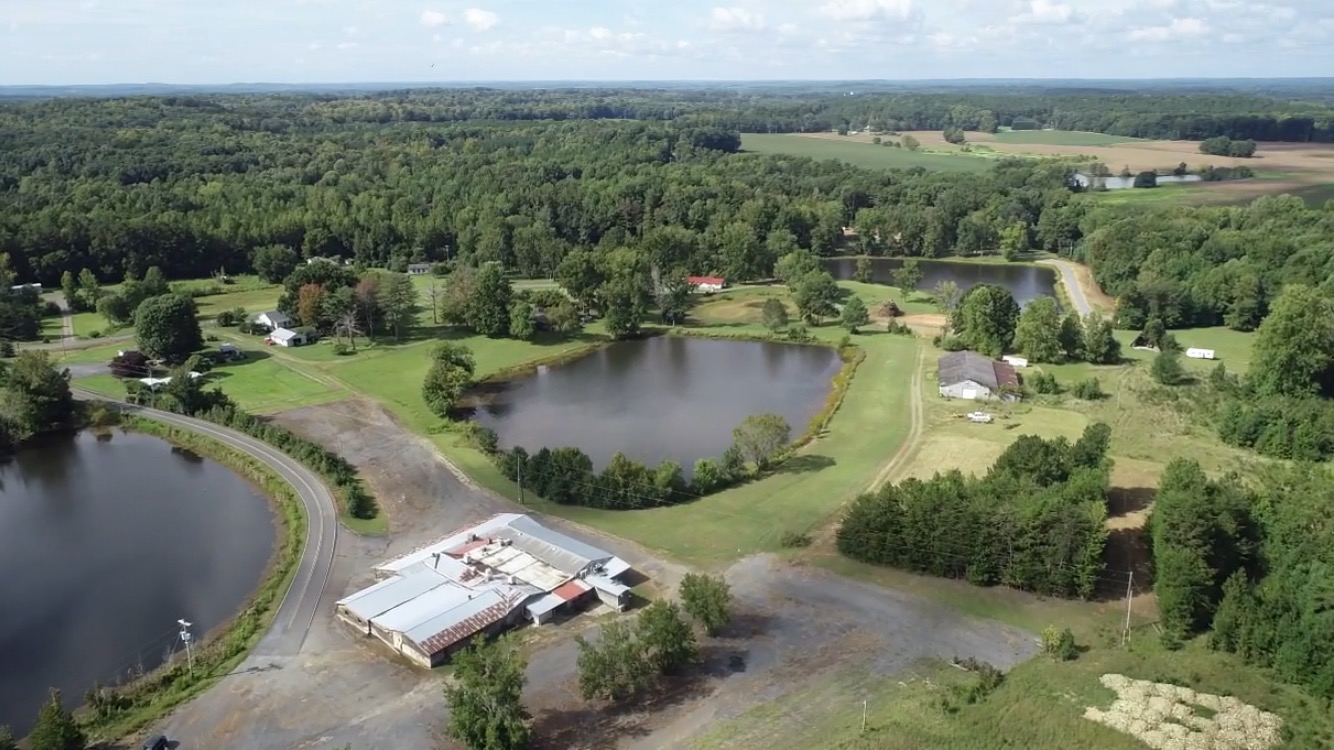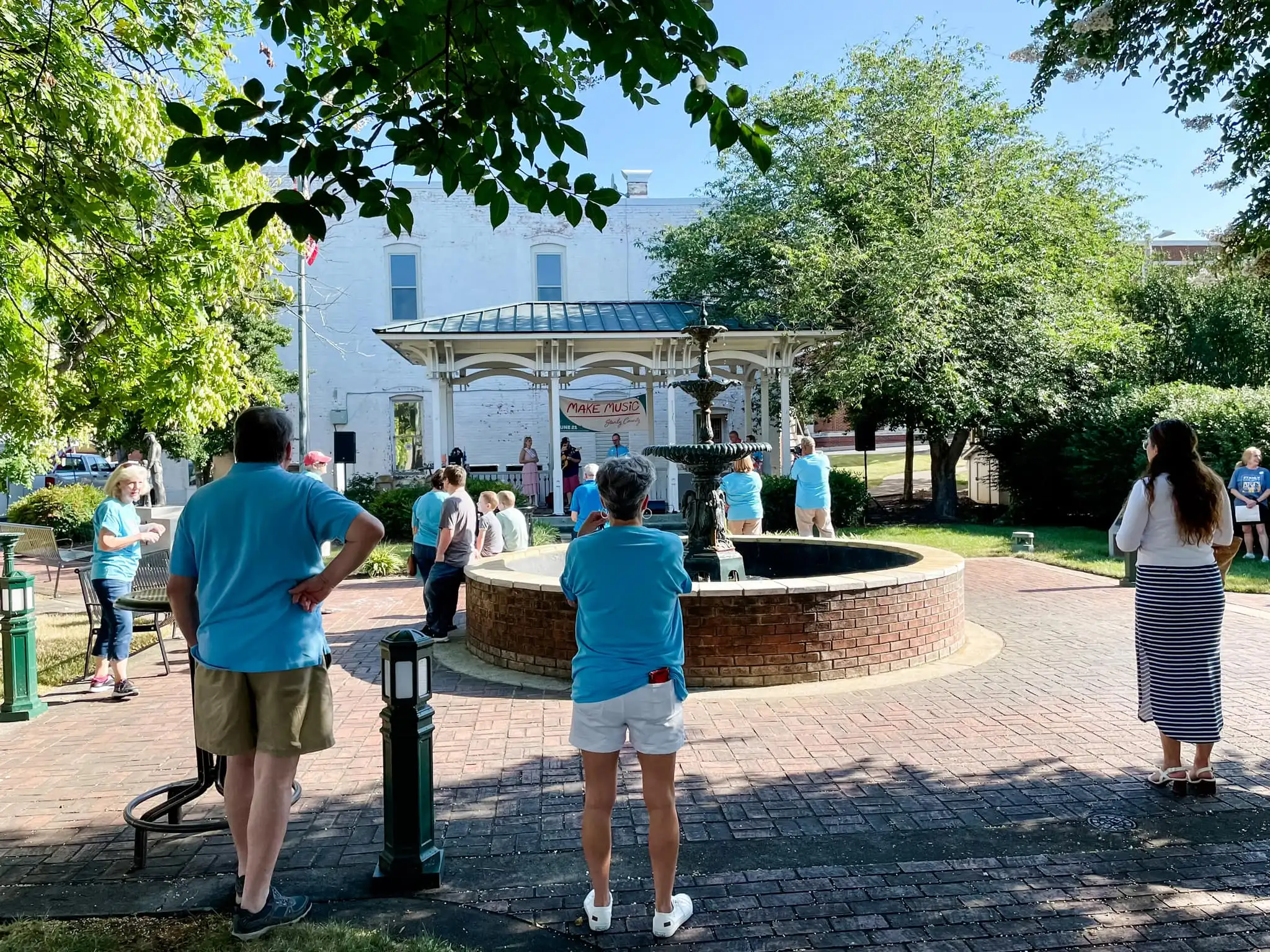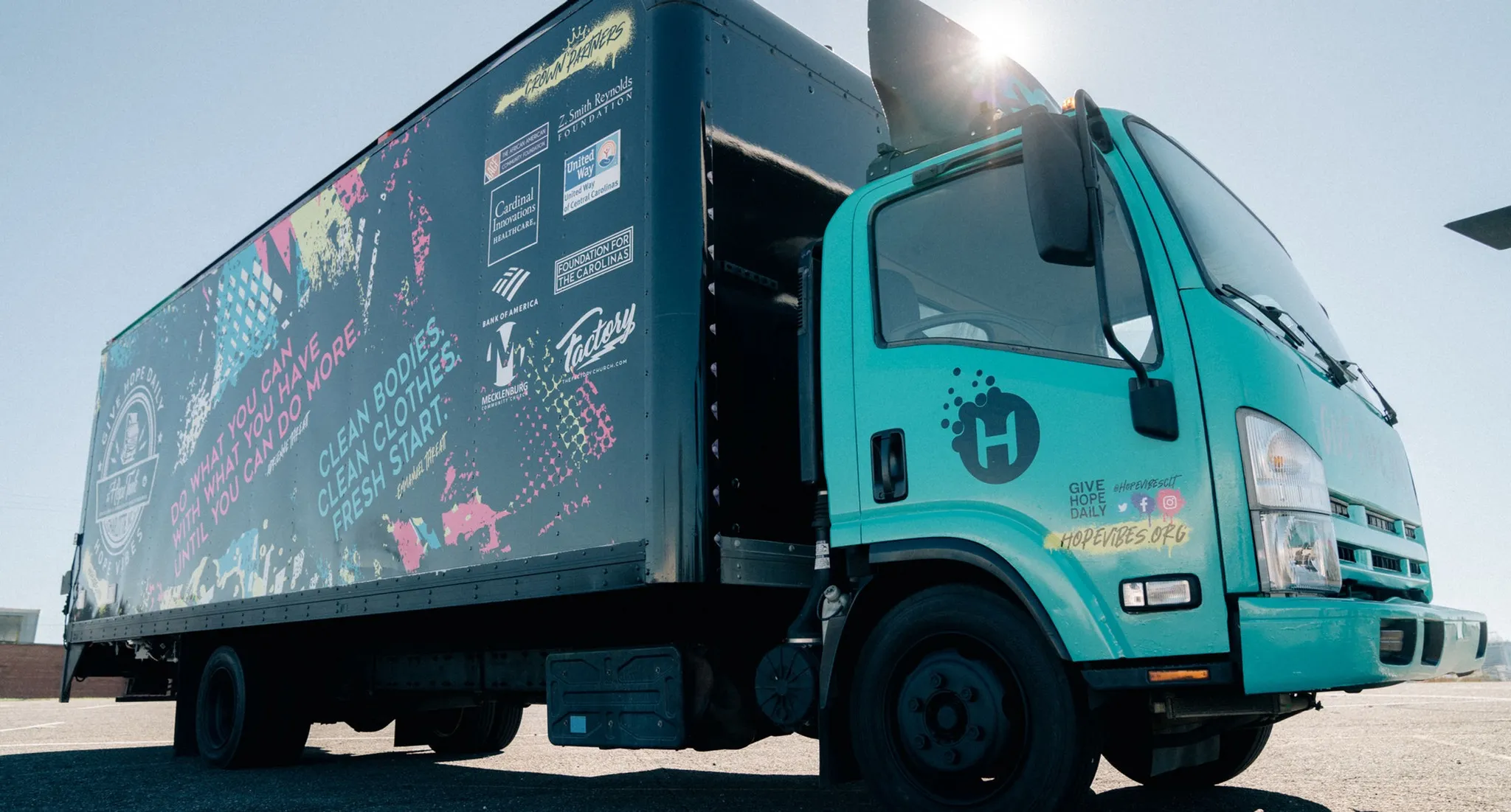Elections are safe and secure, though misinformation can still pose a threat, officials say
Published 11:36 am Sunday, September 18, 2022
|
Getting your Trinity Audio player ready...
|
With the midterm elections less than two months away, when North Carolinians will flock to the polls to help determine the power structure locally, in Raleigh and in Washington, the safety and security of elections is likely on the minds of many voters.
It is with that topic in mind that the Trusted Elections Tour made a stop in Albemarle on Thursday to discuss why elections in North Carolina are safe and fair.
With so many safeguards in place, including voting machines not being connected to the internet and ballots going through a specific chain of command from the moment they are transported from the precincts to the board of elections offices, “I feel very, very confident that we have fair elections, at least in Stanly County,” Stanly County Board of Elections member Bill Rigsbee said. “I feel very comfortable that everything is clear and aboveboard and nothing is happening behind closed doors.”
Organized by former Charlotte Mayor Jennifer Roberts and former state Supreme Court Justice Bob Orr and moderated by Business North Carolina news editor Colin Campbell, the town hall included a 90-minute panel discussion that featured Rigsbee, North Carolina State Board of Elections chief information security officer Torry Crass, Cabarrus County Director of Elections Carol Soles, Mecklenburg County Board of Elections member Beverly Earle and election law attorney Zachary Deason.
A key reason elections in North Carolina are fair and secure is because they are run in a nonpartisan fashion, organizers said, with Democrats and Republicans serving as members of local election boards. County and state election boards are made up of five members, three from the governor’s party and two from the other party. This helps alleviate fears that one party is having an outsize influence in determining how elections are conducted.
“We know that after 2020, more and more people are concerned about the legitimately of our elections,” Roberts said. “We also know that when people hear about how the process actually works, their confidence can be restored.”
The panelists went into detail about topics such as concerns about electronic voting machines and hacking, explaining the process for collecting and counting votes, and advising on how challenges, recounts and fraud allegations are dealt with through proper legal channels.
Even though the panelists agreed that the state has fair and accurate elections, there still is concern about the rising threat of misinformation.
“There’s tons and tons of bad information out there and information that is really designed to manipulate you into thinking there are problems where there is not,” Crass said. “I think getting your information from trusted sources, such as your County Board of Elections website and State Board of Elections website,” is critical.
To help counter misinformation and disinformation, which is the intentional spread of wrong information, the elections officials said citizens should contact their board of elections whenever they have questions. They can also sign up to become precinct officials and attend board of elections meetings.
Another topic centered around the influence of unaffiliated voters, which make up the largest voting block in the state. Nearly 2.6 million, or 35 percent, of the state’s 7.3 million registered voters are unaffiliated.
Despite their numbers, under state law, individuals not aligned with the two political parties have to overcome several obstacles to run for partisan offices, including getting petitions signed by registered voters. They also cannot serve on the State Board of Elections, which makes decisions about voting and elections in the state.
“I often always joke, the one thing that Democrats and Republicans can agree on is they don’t know if they can trust the unaffiliated,” Deason said.
The panelists also mentioned that in North Carolina, individuals that will not be able to vote at their designated polling places will need to request absentee ballots. In other states, those ballots are sent to the residents. One of the requirements for voting by absentee ballot is the need to have two people witness the voter’s signature on the ballot.
A voter receives a provisional ballot when questions arise regarding their eligibility or qualifications to vote. If a resident cannot make it to his designated precinct and instead arrives at another polling location, for example, he would be given a provisional ballot.
Election officials hold provisional ballots aside as they conduct research about the voter’s eligibility. Based on the research, county board of elections members make final determinations about voter eligibility.








